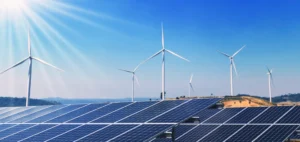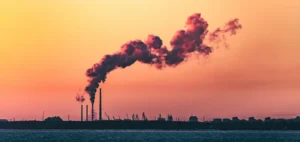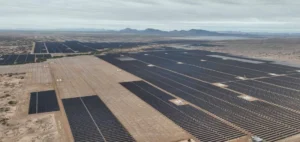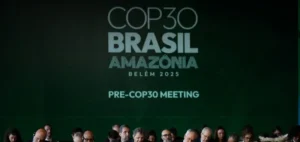The Czech government supports the application of a windfall tax in the energy and banking sector.
An exceptional tax
The Czech government announces that the windfall tax on the energy and banking sectors will be introduced in 2023. However, according to the Minister of Finance Zbynek Stanjura, taxation is also under consideration for this year. The original decision was only for the period 2023-2025.
The potential expansion of the tax’s application is rattling investors. Thus, the announcement caused the shares of the electricity producer CEZ in particular to fall. The company’s shares were down more than 5% and the banks were down more than 3%.
This tax will be used to finance government measures to mitigate the impact of the energy crisis in Europe. The Czech government was initially concerned about the retroactive application of the tax, fearing legal challenges. Thus, the legal implications of the tax remain under review.
The Ministry of Finance, proposes a tax from next year of 60% on profits. The windfall tax is expected to affect banks with net interest income in excess of $240 million in 2021. For example, the Ministry of Finance wants to raise $3.4 billion in 2023 alone.
The Czech government divided
The Czech government is in favor of implementing the windfall tax by 2023. Zbynek Stanjura, Minister of Finance, adds that he is looking at how other European Union countries are doing it. Thus, he states:
“It may be conservative, but it’s safer to have it in effect starting Jan. 1, 2023, even knowing that some states may do it differently.”
Olga Richterova, vice-president of the Parliament for the Pirate Party reacts on Twitter. Thus, she says that her party “succeeded” in passing the extension of the windfall tax to 2022 income. In addition, Marian Jurecka, a member of the Christian Democratic Union, in reaction, states:
“In principle, I think it is possible to implement it in 2022.”
Due to the Russian-Ukrainian conflict, deliveries, especially of gas, from Russia are causing disruptions on the market. Thus, like other European countries, the Czech government seeks to protect households from high energy prices. In addition, Prague also seeks to protect businesses from rising energy prices.
The Czech government is thus seeking to control market volatility. The introduction of this one-time tax would cover protective measures. In addition, the scheme would run in parallel with a cap on electricity prices.






















